A look back at 2022
When the first refugees arrived in Berlin in the last days of February 2022, immediately before Russia’s invasion of Ukraine, volunteers quickly gathered at the train stations to support the arrivals.
Out of nowhere, structures were set up by volunteers at three locations: Berlin Central Station, Südkreuz Station and the Central Bus Station (ZOB). During these days, a civil society collective emerged from countless volunteers, which will later give itself the name Berlin Arrival Support (BAS).
It will take a few more days until structures are gradually established on the official side.
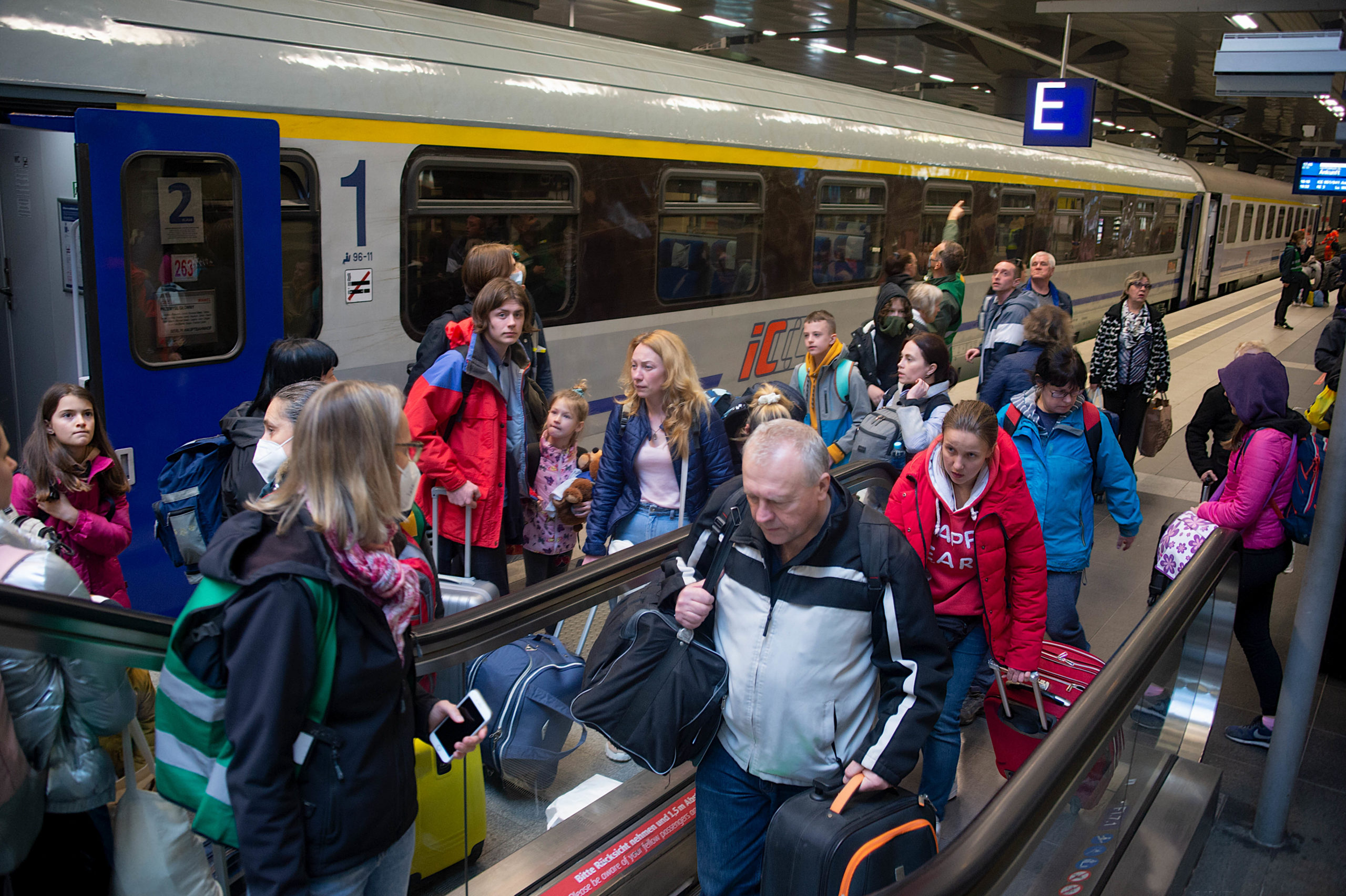
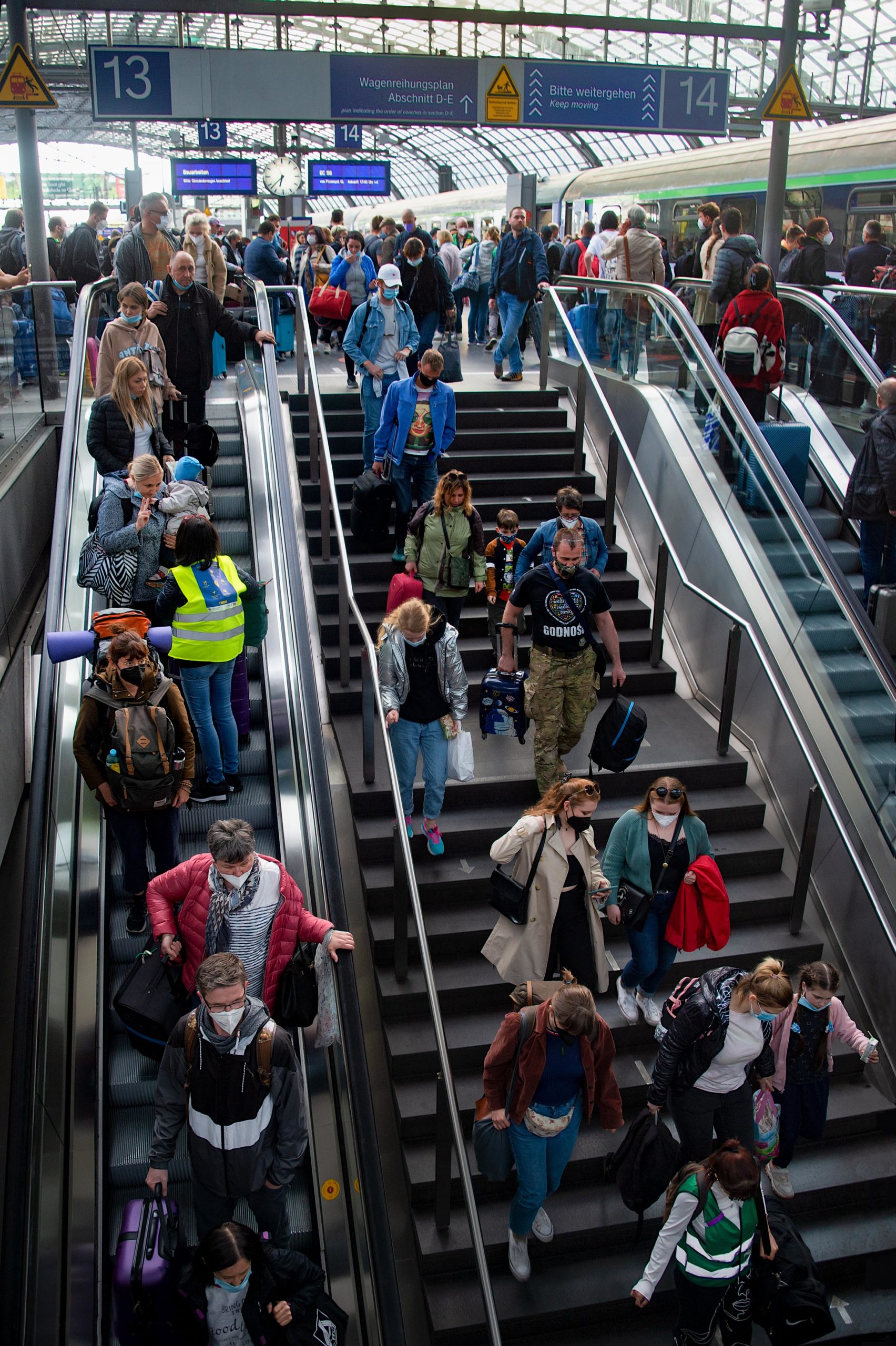
Until then, civil society took over the catering and temporary accommodation of thousands of people in a collaboration of established initiatives of refugee assistance and many volunteers who got involved for the first time.
While many initially thought that the war would not last long, it became clear after only a few weeks that the situation would last longer and that long-term support would also be needed. Looking back, one volunteer sums it up as follows: “We realised that this was not going to be a sprint, but a marathon. And we have to balance our resources.
In the first six months, more than 300,000 refugees were accompanied by volunteers. At its peak, up to 15,000 people arrived in Berlin on a single day. They were met by up to 1000 volunteers. Thus, in the first six months, volunteer work is done to the extent of a six-figure number of hours.
For people from Ukraine, the volunteers were the first point of contact in Berlin as soon as they got off the buses or trains. They covered individual needs and solved problems quickly and unbureaucratically.
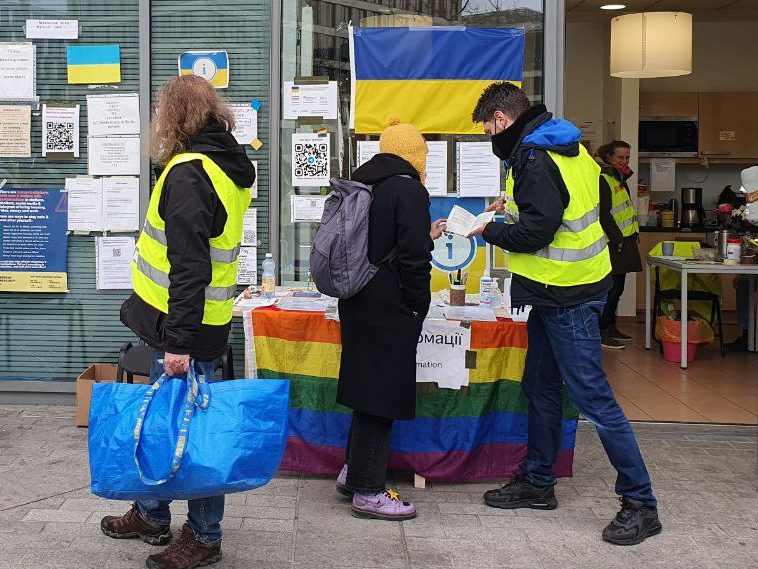
A good third of the volunteers are Ukrainian or Russian speakers. Fixed teams are quickly formed that focus on specific tasks, such as catering, accommodation, medical needs, coordination and press work.
The work has a special focus on vulnerable groups, such as pregnant women, children and senior citizens. Together with existing Berlin organisations, support offers are created for LGBTQIA+, BIPoC, as well as Sinti*zze and Rom*nja, among others.
Even after the government agencies set up structures with their own staff at the arrival points, many volunteers still remain on the ground. They continued to help where help was needed and supported when, for bureaucratic or other reasons, the official structures could not provide the necessary assistance.
Whether it was the repair of a pair of glasses, a bus ticket to a mother in hospital or even the repatriation of a deceased woman to Ukraine – in finding solutions, the volunteers used their contacts throughout Germany and internationally as well as the donations they had collected. New challenges were taken up quickly and pragmatically on a daily basis.
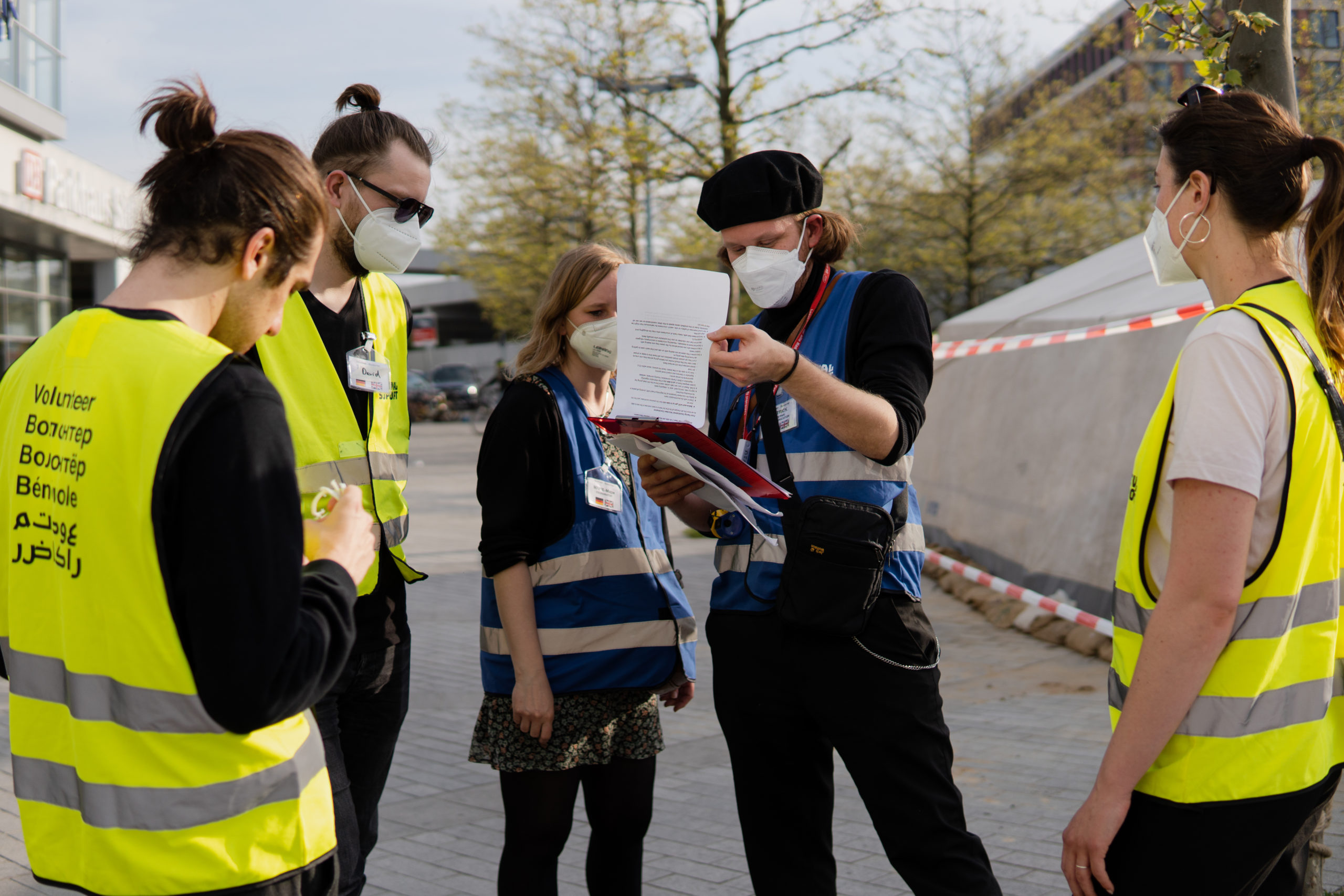
What happened in 2022
In the spring of 2022, hundreds of volunteers accomplished incredible things. But what actually happened? Learn more about the story behind Berlin Arrival Support.
Reflecting on arrival support
Together with Berlin Arrival Support we reflected on the involvement and challenging times. We have prepared the results here.
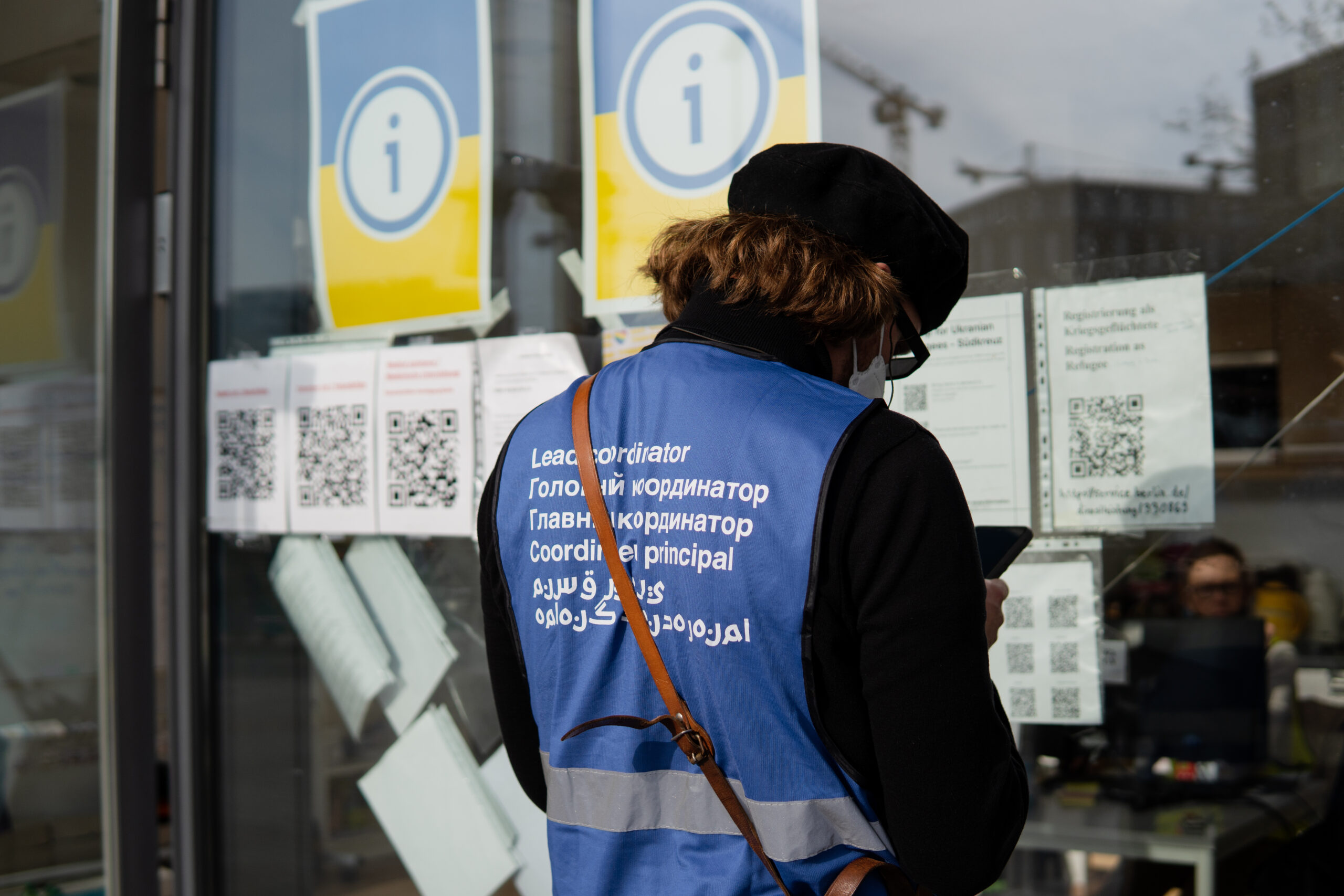
Backgrounds and data
Wir bauen unsere Dokumentation stetig aus. In the near future, you will find more information here, such as practical tips for similar situations and interviews with volunteers.

